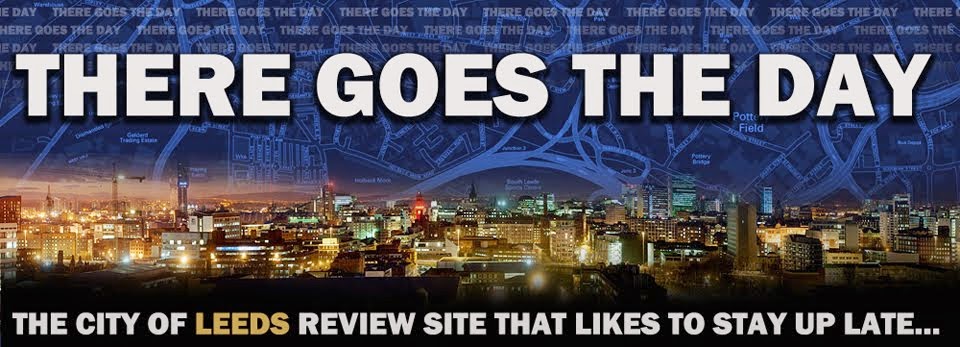Starring: Noomi Rapace, Kristoffer Joner, Vetle Qvenild Werring
Director: Pal Sletaune
Released Out Now
Released by: SODAIn many ways, psychological thrillers are much better than all-out action blockbusters. The latter tend to tilt towards outrageous situations and over-the-top visual effects, sometimes relying on those in place of genuine character-building and plot. Such blockbusters are delicious eye-candy, but the real thriller gives you a more substantial meal in their tales of suspense.
In the intriguing Scandanavian import Babycall, Noomi Rapace (the original Girl with the Dragon Tattoo and currently playing the astronaut who played with fire in Prometheus) is Anna, a mother looking over her shoulder, frightened that an abusive relationship will catch up with her and her son, Anders (Vetle Qvenild Werring). She's damaged, frightened, but with a stoic determination to do anything she has to for the love of her child. Sheltered in protective housing, she keeps the lock on the door, an eye on escape routes and often sleeps alongside Anders every night.
On one of her brief forays to the shops, she decides to invest in a 'Babycall' monitor-device, normally of use for listening to infants, but which will enable her to hear Anders if he sleeps in a separate room. The shop's sales assistant Helge (Kristoffer Joner) takes a shine to her, but she is not in the mood for flirting. Using the device later, she hears a mournful cry, only to rush to Anders's room to find him safely asleep. The device seems to be picking up the sounds from another apartment in the block of flats - a child that sounds very much in pain.
Anna returns to the shop to get some technical advice and agrees to meet up with Helge socially - realising she could do with one person who seems to have her interest at heart... but when the Babycall cries continue, Anders finds a new silent friend who comes and goes as he pleases and a blood-stained drawing appears on the fridge-door, Anna begins to wonder if someone, or something supernatural is conspiring against her.
There's no doubt that Rapace, for very good reasons, is rapidly becoming the go-to European actress for dynamic parts - she certainly imbues Anna with a mix of bruised psyche and steely determination, walking the fine-line between making us want the best for the character without always wholly sympathising Anna everything she does. The film is a strong mood piece, chilling and spookily suspenseful throughout, keeping the audience as much on-their-toes as Anna herself, never letting either get too comfortable. We know Anna feels genuinely threatened, but we're never quite sure where the real dangers lie.
Such movies always pivot on their final acts, as the audience move towards reveals and answers, but after achieving a slow-burn momentum, Babycall stumbles just a little as we reach its climax. It's still powerful and intense and well-executed by director Pal Sletaune and feels like an early Brian de Palma film albeit it with a more muted pallete. But it's one of those rare times when you feel the story has somewhat overplayed the set-up of an otherwise stylish last hand.
One suspects your opinion of the movie will ultimately be coloured by that resolution, but the journey in getting there is an interesting one, securing Rapace another excellent entry in her résumé and Scandanavia another cinematic feather in its cap...
4/5
SEE THE LATEST REVIEWS ON OUR MAIN PAGE: www.theregoestheday.com















